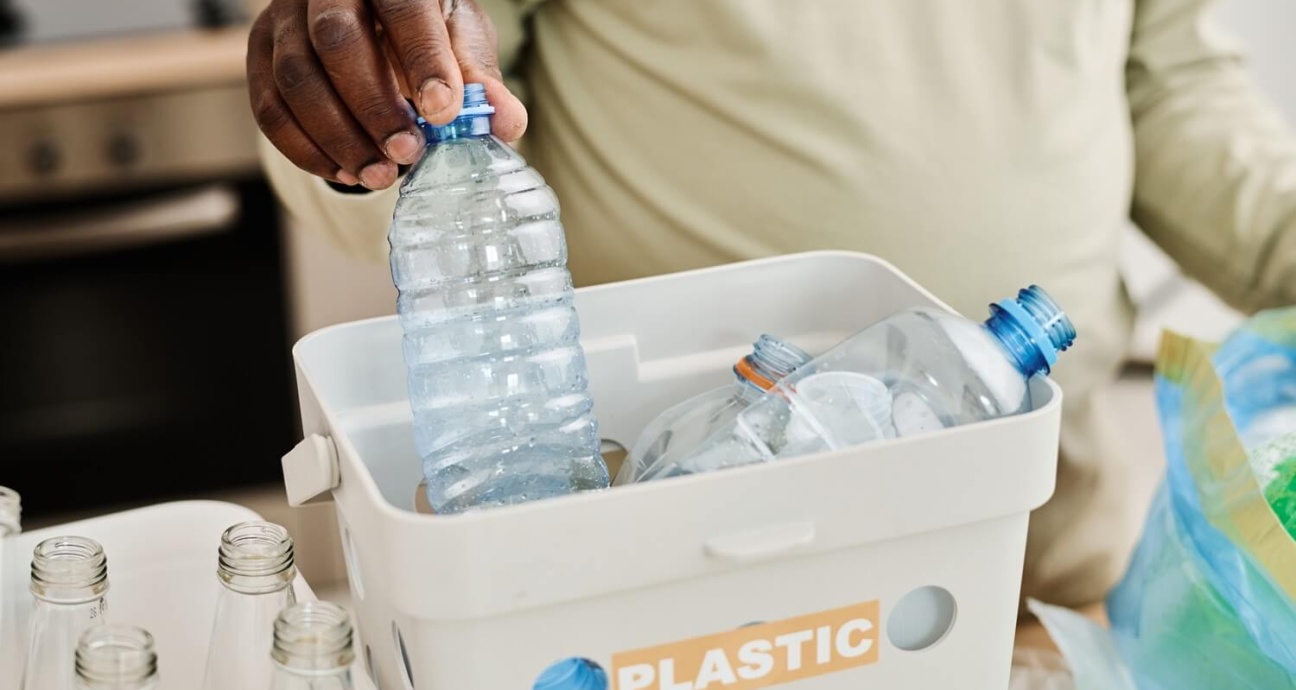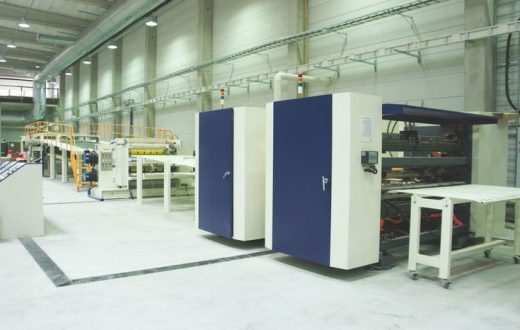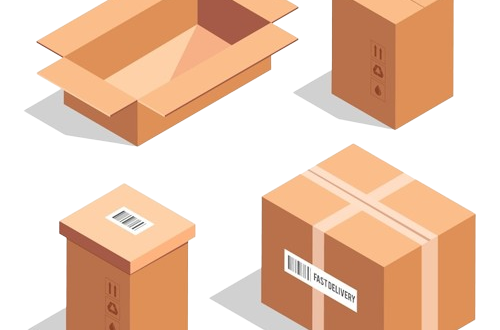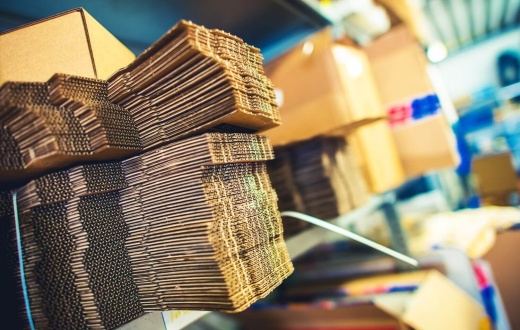Malaysia has set an ambitious target to phase out plastic bags by 2025, highlighting the nation’s commitment to combating plastic pollution. As part of this initiative, the country is encouraging the adoption of sustainable packaging solutions to replace single-use plastics.
Corrugated board, with their eco-friendly and recyclable properties, play a crucial role in this transition. They not only help reduce environmental impact but also align with global sustainability trends.
Embracing corrugated board is a significant step towards a plastic-free future, supporting both environmental goals and sustainable business practices.
The Problem with Single-Use Plastics
Environmental Impact of Plastic Waste
Single-use plastics significantly contribute to environmental degradation. These plastics do not decompose easily, leading to persistent pollution in landfills, oceans, and other natural habitats. The breakdown of plastics into microplastics further contaminates ecosystems and enters the food chain, posing risks to wildlife and human health.
Current Statistics and Issues Related to Plastic Pollution in Malaysia
Malaysia generates a substantial amount of plastic waste, with 0.94 million tonnes of mismanaged plastic waste reported. Of this, between 0.14 and 0.37 million tonnes potentially leak into the marine environment annually. This leakage exacerbates marine pollution, endangering marine life and affecting coastal communities. The urgency to address this issue underscores the need for sustainable alternatives like corrugated board to reduce reliance on single-use plastics.
Benefits of Corrugated Board Compared to Plastics
1. Eco-Friendly and Recyclable Nature of Corrugated Board
Corrugated board is made from renewable resources and is 100% recyclable. This significantly reduces environmental impact compared to single-use plastics, which often end up in landfills and oceans. The recycling process for corrugated board is efficient, allowing it to be reused multiple times, further reducing waste.
By choosing corrugated board, businesses and consumers can contribute to a circular economy, where materials are continuously repurposed, minimizing the need for new raw materials.
2. Comparison with Single-Use Plastics in Terms of Environmental Impact
Unlike single-use plastics, corrugated board decomposes naturally and does not contribute to long-term pollution. The production of corrugated board also has a lower carbon footprint, making it a more sustainable option for packaging.
Single-use plastics, on the other hand, can take hundreds of years to decompose, releasing harmful chemicals into the environment. Corrugated board, being biodegradable, significantly reduces this environmental burden and helps mitigate pollution.
3. Durability and Versatility of Corrugated Board for Various Packaging Needs
Corrugated board is strong and durable, capable of protecting goods during transportation and storage. Its versatility allows it to be used for a wide range of packaging needs, from shipping boxes to retail packaging, making it an ideal alternative to single-use plastics.
Corrugated boxes can be customized in size and shape to fit various products, providing superior protection and reducing the need for additional packaging materials. This durability ensures that products arrive safely, reducing the need for additional protective materials and further minimizing environmental impact.
4. Replacing Plastics with Corrugated Boxes
Corrugated boxes effectively replace plastics by offering a sustainable packaging solution that meets the same needs. They can be used for everything from food packaging to electronics and industrial goods. By switching to corrugated boxes, businesses can significantly reduce their plastic usage, aligning with global sustainability goals.
This transition not only supports environmental initiatives but also meets the increasing consumer demand for eco-friendly packaging options. Corrugated boxes can also be designed to include compartments, dividers, and padding, providing the same level of protection and convenience as plastic packaging while being much more environmentally responsible.
Aligning with Malaysia’s 2025 Target
How Corrugated Board Supports the Government’s Environmental Goals
The Malaysian government’s initiative to phase out plastic bags by 2025 aims to reduce plastic pollution and promote sustainable practices.
Corrugated board, being eco-friendly and fully recyclable, aligns perfectly with these environmental goals. By replacing single-use plastics with corrugated board, businesses can significantly reduce their environmental footprint, contributing to a cleaner and greener Malaysia. This transition not only helps in reducing plastic waste but also supports the broader agenda of achieving sustainability and environmental conservation.
Examples of Successful Transitions to Corrugated Board by Businesses
Many businesses in Malaysia have already begun transitioning to corrugated board as a replacement for plastic packaging. For instance, several retail chains have adopted corrugated boxes for shipping and storage, significantly cutting down their plastic usage.
Additionally, food and beverage companies have started using corrugated packaging for their products, which has not only improved their sustainability credentials but also appealed to eco-conscious consumers. These successful transitions demonstrate the feasibility and benefits of adopting corrugated board, setting a positive example for other businesses to follow.
By embracing corrugated board, companies can align themselves with Malaysia’s environmental goals, promote sustainability, and enhance their brand image in an increasingly eco-aware market.
Economic and Social Advantages of Using Corrugated Board
Cost-Effectiveness and Potential Savings for Businesses
Corrugated board is cost-effective due to its lower material and production costs compared to plastic packaging. Additionally, its recyclability reduces disposal costs and waste management fees. Businesses can also benefit from reduced storage and transportation costs, as corrugated board is lightweight yet durable.
Enhancing Corporate Social Responsibility and Brand Image
Adopting corrugated board demonstrates a company’s commitment to sustainability and environmental responsibility. This enhances corporate social responsibility (CSR) initiatives, improving the company’s reputation. Customers are more likely to support businesses that prioritize eco-friendly practices, which can lead to increased customer loyalty and positive brand perception.
Meeting Consumer Demand for Sustainable Packaging
There is a growing consumer demand for sustainable and eco-friendly packaging solutions. By using corrugated board, businesses can meet this demand, attracting environmentally conscious customers. This not only helps in retaining existing customers but also draws new ones who prioritize sustainability in their purchasing decisions.
By leveraging these economic and social advantages, businesses can achieve significant cost savings, enhance their CSR efforts, and meet the evolving expectations of today’s consumers, all while contributing to a more sustainable future.
In Closing
Moving away from single-use plastics is crucial for environmental sustainability. Businesses are encouraged to adopt corrugated board as an eco-friendly alternative, which supports Malaysia’s vision for a plastic-free future.
By transitioning to corrugated board, companies can reduce their environmental impact, meet consumer demand for sustainable packaging, and contribute to a greener, more sustainable Malaysia.






